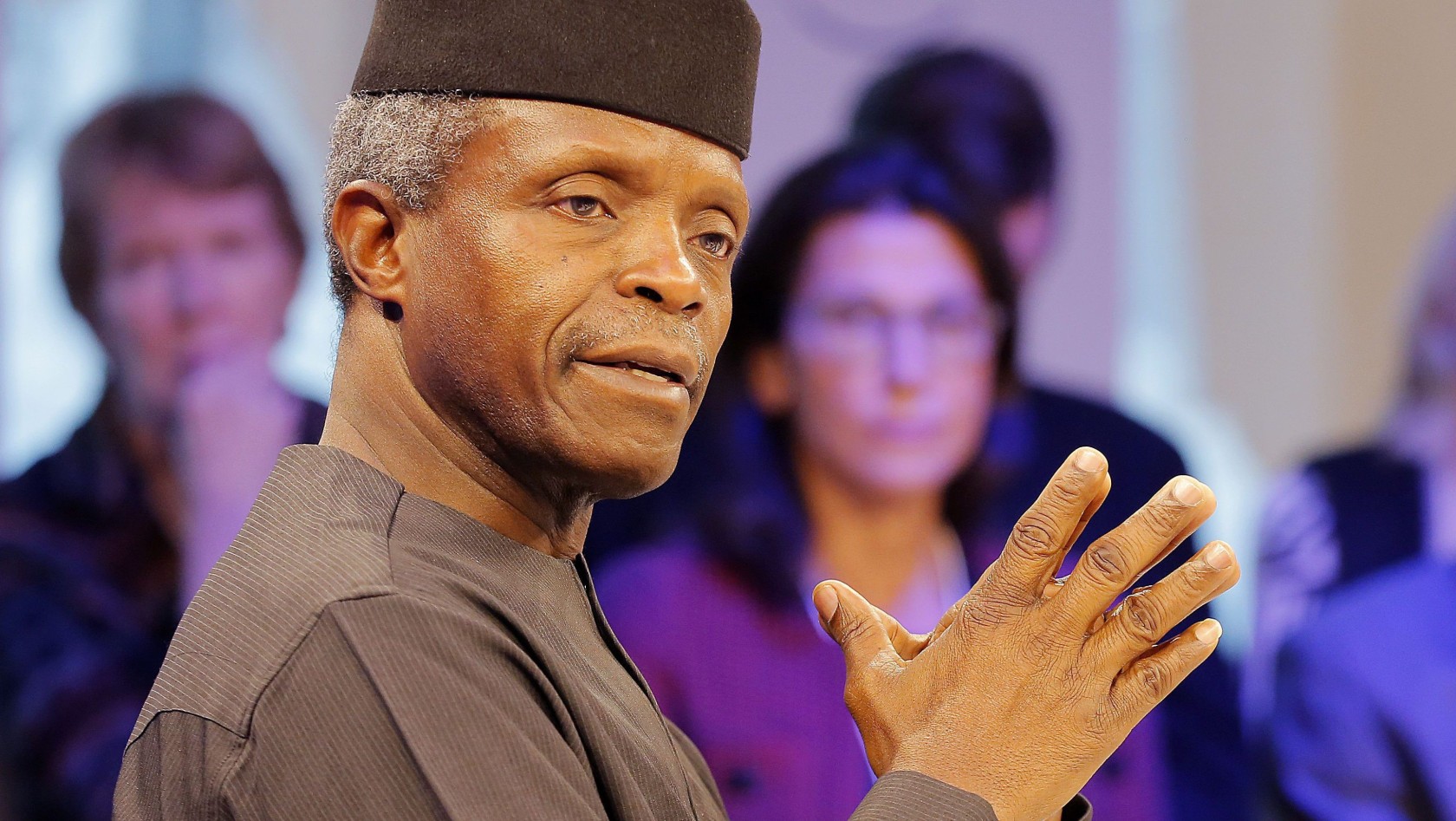SVB Collapse Has Caused Nigeria To Launch $672 Million Tech Fund For Young Entrepreneurs
Nigeria launched a 672 million USD fund to support creative and tech sectors from the young entrepreneurs who have faced difficulty in raising capital in Africa’s largest economy. But, how has the SVB fallout impacted the Nigerian economy?

Nigeria launched a 672 million USD fund to support creative and tech sectors from the young entrepreneurs who have faced difficulty in raising capital in Africa’s largest economy.
The capital would target entrepreneurs between 15 to 35 years old and it has come out as a measure when there have been rising concerns about the failure of the US start-up and focused lender SVB Group. It has formerly supported startups in Nigeria.
So far, only Chipper Cash has stated that it had 1 million USD deposits in SVB. Some of the prominent startups, including e-commerce organizations named Jumia and Africa-focussed fintech company Fluterwave, told the valid media sources that they had no exposure to the bank.
Vice President Yemi Osinbajo launched the 672 million USD fund under the Digital and Creative Enterprise Programme in the federal capital Abuja, as stated by the President.

African Development Bank will contribute 170 million USD to the fund, while the other 116 million USD would come from Agence Francaise de Development and 70 million USD from the Islamic Development Bank. Osinbajo has revealed it.
The government with the assistance of the Bank of Nigeria will release 45 million USD while the private sector bank will generate funds up to 271 million USD.
Osinbajo has addressed the situation stating that DCEP is a government scheme to promote innovation and entrepreneurship in digital tech and creative sectors, which is used to generate jobs. He has stated his opinion in his interview about the funds.
Nigeria has the most significant number of startups in Africa– mostly revolving around the tech and fintech industries. They have depended on fundings from overseas capital and venture capital firms.
But, the initiative comes off with a shortcoming because the governmental fund would require collateral, and many startups do not have it.
How will the SVB collapse impact Nigerian tech startups?

The collapse of SVB in the United States has shaken the global venture capital market and the entire tech industry. But, the Nigerian tech founders have revealed that the impact on the local ecosystem would be minimal.
US financial regulators took over the SVB on Friday after the bank struggled to raise funds of valuation 2 billion USD offshore after a loss of 1.8 billion USD.
SVB was founded in 1983 and had total assets accumulating 209 billion USD. The bank provided funds for nearly half of the US venture banks. In addition, it provided credit to venture capital firms.
The collapse of SVB will imply that many banks and companies that SVB supported are unsure of what will happen to their funds.
Many US startups have raised concerns about their investments. However, Nigerian tech startup founders have stated they would suffer minimal impact. However, there will be exceptions in some startups with their funds trapped in SVB.
Ngozi Dozie, co-founder of carbon, a digital bank has stated that there are other effects like delayed investments because SVB was an integral part of the process and investors are not focussing more on the continent because of the largest financial crisis.
Nigerian startups are supported by Venture capital firms linked with the SVB. According to Ngozi, whenever a VC wants to invest in startups, the funds would be provided by SVB on a loan basis for a short duration.
VCs are responsible for making investments and calling for capital from investors. This money is used to repay the bank. It implies that the SVB does not provide the funds for investments, but they provide funds to VCs for management operations, salary payments, and many other features.

The situation may explain the different VCs gathering together to issue a statement about the integral role played by SVBs in the startup industry and support innovation in the US.
They have acknowledged that the failure of SVB was of utmost concern and assured that when SVB will be purchased and capitalized appropriately, they will continue their operations and support the ownership.
Adedji Olowe, the founder, and CEO of Lendsqr has stated that the fallout of SVB may impact the tech industry. All of the damages would be gone by the end of the year.
edited and proofread by nikita sharma




